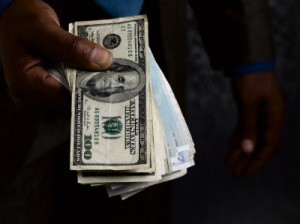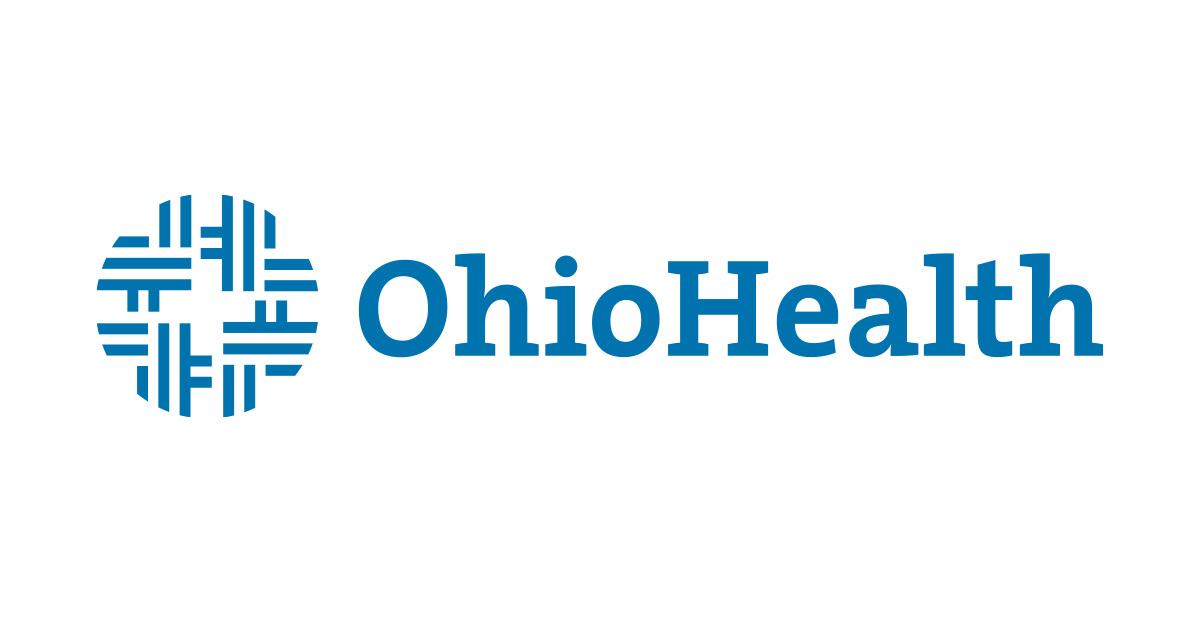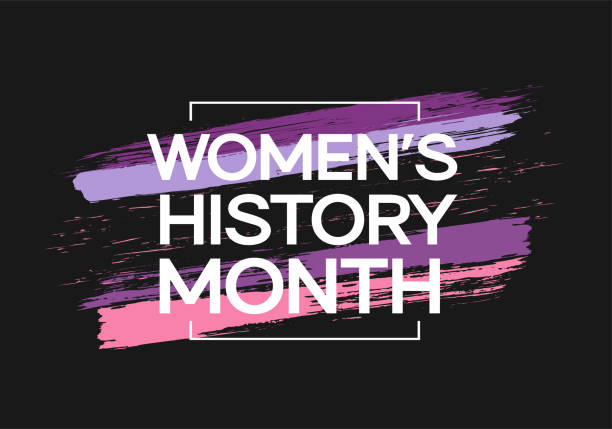(ThyBlackMan.com) Yet another report, the Nielsen African American Consumer Report, was released in October 2016. Titled, “Young, Connected, and Black – African American millennials are driving social change and leading digital advancement,” it points out various issues related to how Blacks spend our dollars, with an emphasis on our young people. To put it bluntly, this report is about your money—how much you earn, what you spend it on, and how it can be obtained from you in exchange for products and services. Yes, it’s your money, but for how long?
Since most of us will not read a 56-page consumer report, I am going to draw heavily from its contents in hope that you, the Black consumer, will learn to teach your dollars how to make more sense. Information is only power if you use it appropriately. The Nielsen Report contains a lot of information, but the question is: Who will benefit from it?
The report states, “African-Americans are exuberant and reflective—optimistic about present-day advances in income, education,  entrepreneurship and healthcare, and determined to forge a better future as influential leaders and catalysts of social awareness against discrimination and social injustice. With incomes steadily rising at a rate that outpaces that of the general population, African-Americans’ ‘buying power’ is expected to grow 21.6% between now and 2020, by which time it will reach just over $1.4 trillion…” Is it Black buying power or Black buying weakness?
entrepreneurship and healthcare, and determined to forge a better future as influential leaders and catalysts of social awareness against discrimination and social injustice. With incomes steadily rising at a rate that outpaces that of the general population, African-Americans’ ‘buying power’ is expected to grow 21.6% between now and 2020, by which time it will reach just over $1.4 trillion…” Is it Black buying power or Black buying weakness?
Nielsen says, “African-American consumers are focused on ‘eating well’ and ‘looking good,’ over-indexing across a wide variety of product categories, ranging from beauty products to fresh foods and ingredients that reflect their proud heritage and cultural traditions. ..There is a ‘clear opportunity’ for innovation and new-product development in the convenient-healthy eating space.” Are Black people taking advantage of the “opportunity” we have created?
In a section titled, Valuing the Beauty Within, the report states, “Personal image is highly valued and is regarded with an immense sense of pride in the African-American community. African-American millennials have higher buying rates (per household) for hair care products and personal soap and bath products than their millennial counterparts.” Do you think they are talking about Black manufactured products?
Another section, Feeling Proud, Looking Good, and Spending More, points out that, “Personal image is highly valued and is regarded with an immense sense of pride in the African-American community. Consumer product companies have long been aware of the ‘dedicated consumption’ of personal healthcare items by Black consumers. African-Americans of all ages show higher buying rates than non-African-Americans for women’s fragrances, grooming aids, personal soap and bath needs, deodorant, sanitary protection, family planning, and feminine hygiene…The long history of personal care spending has led many consumer products companies to offer highly-developed lines of popular African-American cosmetic, fragrance, and hair-care products that cater to the wants and needs of African-American men and women.” Is that why L’Oréal has purchased Black hair care and cosmetic companies? As their commercial says, “Because [you’re] worth it.”
Uh oh, here it comes, the pièce de résistance: “Optimism about the future. In 2012, for the first time in American history, African-Americans had the highest rate of voter registration and turnout of all races, 66% versus 64%. And while the majority of African-Americans are optimistic that the country is headed in the right direction, there is an ongoing need in their communities for more affordable housing, healthcare, childcare and higher education.” Does that seem a bit oxymoronic to you? Besides, what did we get from all that voting?
The report says, “In 2015, African-Americans ‘controlled’ $1.2 trillion in buying power, 8.6% of the nation’s total, and a 21% increase over 2010…The gains in Black buying power reflect not only African-Americans’ population growth, but also their increasing education and entrepreneurship, as well as their advancing into their peak earning years.” Our money is “subject” to our “control” but we are not appropriately controlling it; we do not leverage it.
Finally, the report says, “Nielsen has provided these reports to better illustrate the ‘unique’ qualities of the African-American community, the ‘business opportunities’ that exist, and the best methods for a productive and successful ‘connection.’ As business executives look for opportunities to grow their businesses and gain market share, it is critical to measure and evaluate the opportunities.”
Dr. James Lance Taylor points out that Black millennials, many who earn $60,000 to $85,000 straight out of college, are migrating to the south in record numbers. Armed with that kind of money they must take full advantage of it, collectively, and build something for themselves and their progeny—something they “control.”
Black consumers are the most studied segment in this nation, because as Willie Sutton once said when asked why he robbed banks, “That’s where the money is.” It’s our money this report is talking about, Black folks; are we accessing the opportunities therein?
Written By James E. Clingman
Official website; http://www.blackonomics.com/

















Leave a Reply